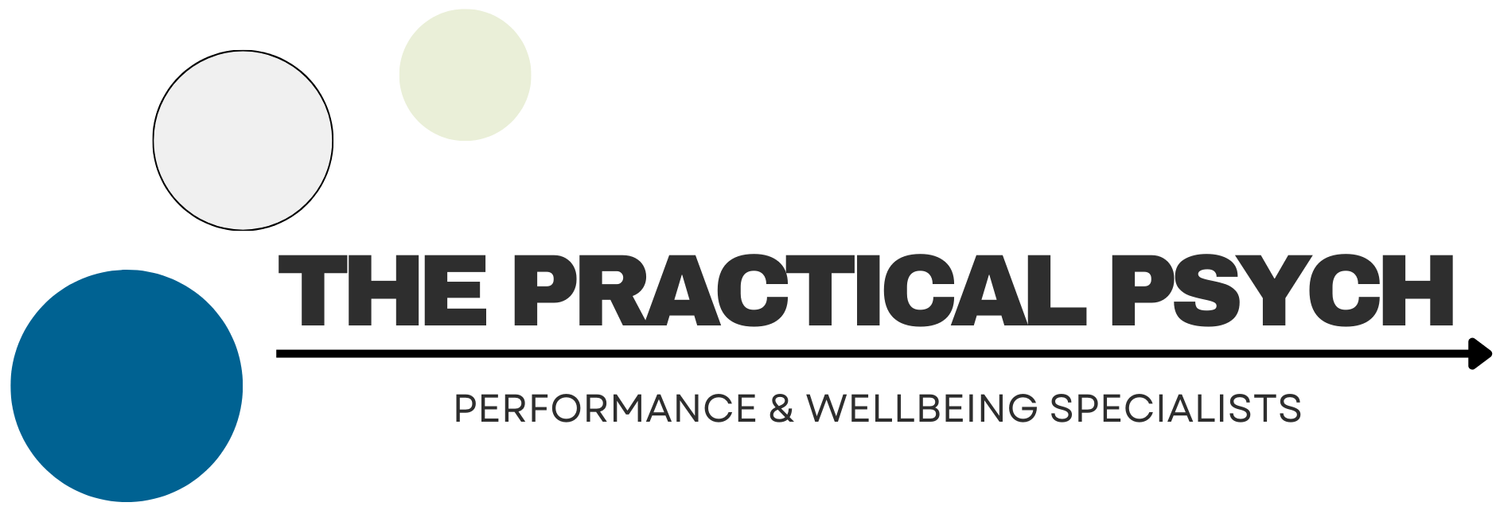The Relevance of Morality for Psychology and Wellbeing
What Does It Mean To Be Moral?
The concept of morality has been a cornerstone of human existence since the dawn of civilization. It defines our sense of right and wrong, influences our decisions, and ultimately shapes our behaviour.
But what exactly does this concept mean?
A Definition
Morality refers to a set of principles and values that guide our actions and decisions. These processes play out upon our understanding of what is right and wrong, good and bad.
Various factors influence these principles. Some of these elements include cultural norms, religious beliefs, personal experiences, and philosophical perspectives.
The specific content of moral principles varies across individuals and cultures. But core themes often emerge. These include:
Fairness and justice: The belief that people should treat everyone with respect and dignity. Rules and laws should be applied evenly.
Compassion and empathy: The ability to understand and share the feelings of others. Acting in ways that alleviate suffering.
Honesty and integrity: The commitment to truthfulness. Being true to oneself and others, even in difficult situations.
Respect for others: The recognition of the inherent worth and dignity of all individuals, regardless of their background or beliefs.
Responsibility and accountability: The understanding that our actions have consequences. Taking ownership of the choices we make.
Relevance to Psychology
The field of moral psychology delves into the psychological underpinnings of moral behaviour and judgment. It investigates the cognitive processes involved in decision-making, the influence of emotions and biases on our judgments, and the development of moral reasoning throughout our lives.
Psychologists have identified various factors that contribute to moral behaviour, including:
Empathy and compassion: Individuals able to understand and share the feelings of others are more likely to act morally. This course of action will be particularly evident when facing suffering in others.
Moral identity: Our sense of self and our values play a significant role in guiding our actions. Individuals with a strong moral identity are more likely to act in ways that are consistent with their beliefs, even when faced with temptation or pressure.
Moral reasoning: The ability to think critically and rationally about moral dilemmas is crucial for making sound judgments. Individuals with well-developed moral reasoning skills are more likely to consider the consequences of their actions. They are also likely to make decisions based on a sound understanding of right and wrong.
Relationship to Wellbeing
There is growing evidence to suggest that living a moral life is beneficial for both society and for individual well-being. Studies have shown that individuals who engage in prosocial behaviours (e.g., helping others, volunteering), experience higher levels of happiness, life satisfaction, and self-esteem.
Furthermore, living a moral life can contribute to better physical health and a stronger immune system. Conversely, individuals who engage in unethical behaviours or lack a strong moral compass may be at increased risk for mental health problems, such as depression and anxiety.
Summary
Understanding the concept of morality and its underlying psychological mechanisms helps navigate the complexities of human behaviour. By developing our own moral reasoning skills and cultivating empathy and compassion, we can strive to live lives that are not only morally sound but also contribute to the well-being of ourselves and others.
We are Coaching & Clinical Psychologists with extensive experience helping people conquer depression and other wellbeing issues. Read more about our work, watch practical skills videos or browse other articles. Get in touch anytime.



